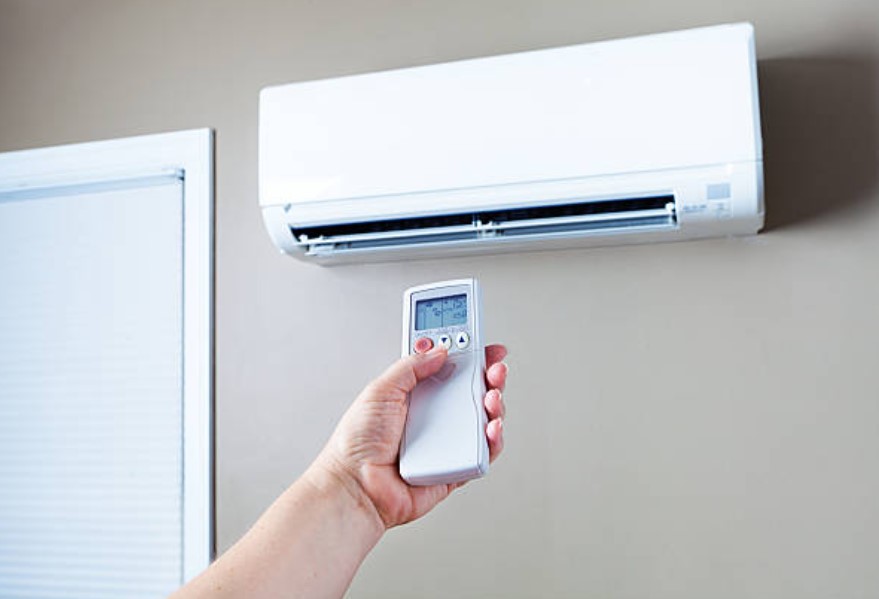Humidity is an important factor that can significantly affect the performance and effectiveness of air conditioning systems. Understanding the relationship between humidity and air conditioning is important for optimal comfort and energy efficiency. Below are the impact of humidity on air conditioning performance and discuss strategies to manage humidity levels effectively.
Humidity and Comfort
Humidity refers to the amount of moisture present in the air. High humidity levels can make the air feel sticky and uncomfortable, even if the temperature is within a comfortable range. When humidity is too high, it becomes more difficult for our bodies to cool down through sweat evaporation. This may lead to feelings of discomfort and can make a room feel warmer than it is.
Air Conditioning’s Role in Humidity Control
Air conditioning systems play an important role in controlling indoor humidity levels. They not only cool the air but also remove excess moisture through dehumidification. As warm air passes the evaporator coil in the air conditioner, the moisture in the air condenses into water droplets, which are then drained away. This helps reduce humidity levels and enhances overall comfort.
Impact of High Humidity on Air Conditioning Efficiency
High humidity levels can strain an air conditioning system and reduce efficiency. When the air is excessively humid, the cooling process becomes more challenging, as the air conditioner must work harder to remove heat and moisture. This increased workload may lead to higher energy usage and increased wear and tear on the system. As a result, the air conditioning unit may struggle to maintain desired temperature levels, resulting in reduced comfort and higher energy bills. To avoid these issues, it is important not to overwork your air conditioner.
Managing Humidity Levels
Managing humidity levels effectively is important to ensure optimal air conditioning performance and comfort. Here are some strategies to consider:
Set the fan to “auto” mode
Running the fan continuously can lead to higher humidity levels. Setting it to “auto” mode allows the fan to run only when the cooling system is actively working, helping to maintain lower humidity levels.
Use a dehumidifier
In particularly humid climates or areas with excessive moisture, using a standalone dehumidifier alongside your air conditioning system can help remove excess moisture from the air, further improving comfort levels.
Seal air leaks
Proper insulation and sealing of windows, doors, and other openings can help prevent humid outdoor air from infiltrating your indoor space, reducing the strain on your air conditioning system. This can save money on AC repair costs in the long run.
Regular maintenance
Schedule regular maintenance for your cooling system to ensure it operates efficiently. This includes cleaning or replacing air filters, inspecting the condensate drain, and checking the refrigerant levels. By contacting a reliable UK Aircon, you can have peace of mind in knowing your air conditioner is serviced correctly.
Consider a whole-house dehumidifier
If high humidity is a persistent issue in your home, investing in a whole-house dehumidifier can provide comprehensive humidity control. These systems work with your air conditioning system to ensure optimal humidity levels throughout your home.
Humidity plays a crucial role in air conditioning performance and overall comfort. Understanding its impact on your system allows you to take appropriate measures to manage humidity levels effectively. By maintaining optimal humidity levels, you can enhance the efficiency of your air conditioning system, reduce energy consumption, and make a more comfortable indoor environment.

